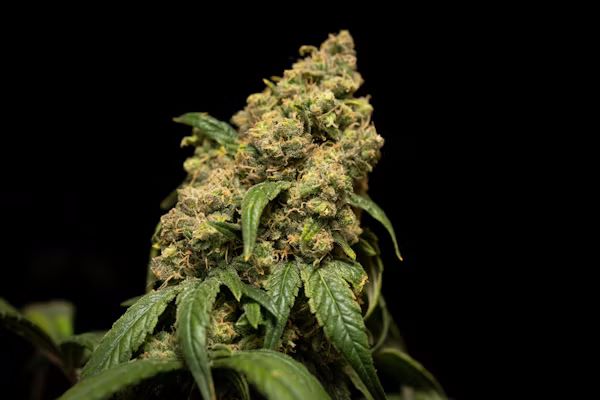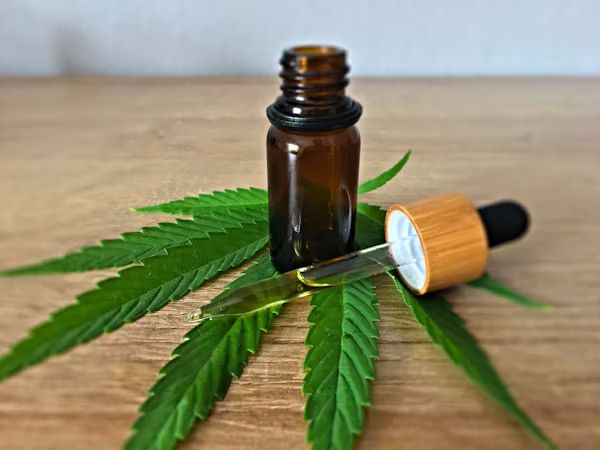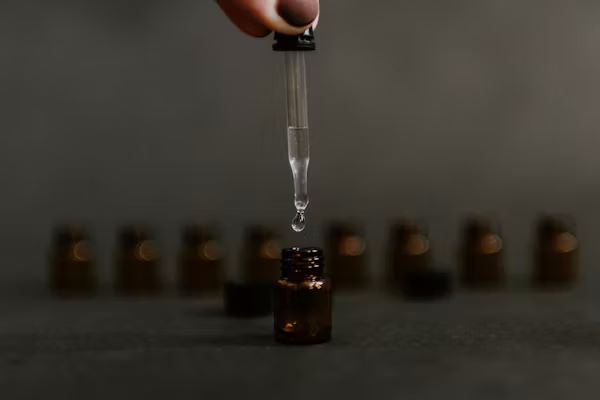Cannabis has a long and complex relationship with British society — from medicine to prohibition to the slow reawakening of modern research. If you’ve ever wondered how we got to the current legal grey area surrounding cannabis oil in the UK, this timeline breaks it down.
🌿 Pre-20th Century: Cannabis as a Common Medicine
Cannabis wasn’t always controversial. In fact, during the 1800s, cannabis-based medicines were widely available in UK pharmacies. Queen Victoria was even rumoured to have used cannabis tinctures for menstrual pain (though this remains debated).
Key points:
-
Cannabis was included in the British Pharmacopoeia from 1842.
-
It was often used in tinctures for pain, sleep, and muscle spasms.
-
No major stigma was attached to its use — it was just another herbal remedy.
🧯 1928: The Start of Prohibition
In 1928, cannabis was officially added to the Dangerous Drugs Act — making its sale and possession illegal for the first time in the UK.
-
The move was part of a global shift toward drug control (heavily influenced by international pressure).
-
There was no major cannabis problem in the UK at the time — the law was mostly pre-emptive.
🔒 1971: The Misuse of Drugs Act
This Act formed the backbone of the UK’s current drug laws. Cannabis was classified as a Class B drug, alongside substances like amphetamines.
-
Cultivation, possession, and supply were criminalised.
-
THC (the psychoactive compound in cannabis oil) was strictly controlled.
-
Medical use was no longer recognised, and cannabis disappeared from pharmacies.
💊 1998–2000s: Medical Use Re-Explored
As research began to re-emerge globally, pressure grew in the UK to reconsider cannabis’s potential.
-
The Home Office granted a licence for GW Pharmaceuticals to develop cannabis-based medicines.
-
Sativex, a cannabis oral spray containing THC and CBD, was eventually approved for use in MS patients.
🧪 2018: Medical Cannabis Legalised in the UK
After high-profile cases involving children with epilepsy (including Billy Caldwell), the government announced that specialist doctors could prescribe cannabis-based medicines.
-
Cannabis oil with THC became legal only via prescription.
-
Access is limited and expensive — mostly through private clinics.
-
Products like Nabilone (a synthetic THC drug) are used in NHS settings for chemo-related nausea.
🗞️ Related reading: Home Office returns cannabis oil for boy’s epilepsy treatment – The Guardian
🧭 2020–2025: A Legal Grey Area
Today, CBD oil is widely available and legal in the UK, provided it contains less than 0.2% THC. But THC oil remains illegal without a prescription.
-
Thousands now access THC oil legally through private medical cannabis clinics.
-
NHS access is extremely limited — fewer than 5% of eligible patients receive prescriptions.
-
Calls for reform are growing, but recreational cannabis oil remains banned.
👀 Want to know more? Is THC Oil Legal in the UK? (2025 Update)
🗓️ Timeline Summary
| Year | Event |
|---|---|
| 1842 | Cannabis enters British medical pharmacopoeia |
| 1928 | Added to Dangerous Drugs Act (criminalised) |
| 1971 | Classified as Class B drug in Misuse of Drugs Act |
| 1998 | GW Pharma begins licensed cannabis trials |
| 2005 | Sativex approved for MS spasticity |
| 2018 | Legalisation of medical cannabis (via prescription) |
| 2025 | THC oil still restricted to specialist-approved use only |
🧠 Why It Matters
Understanding the legal history of cannabis oil in the UK helps explain today’s restrictions — and the future of reform. THC oil has moved from trusted remedy to criminalised substance, and now back to cautious medical acceptance.
At [Your Brand Name], we believe in evidence-led reform, transparency, and empowering consumers with clear, trustworthy information.
💬 Final Thoughts
The journey of cannabis in the UK is far from over. With ongoing trials, public interest, and shifting global trends, the conversation around THC oil continues to evolve.
💌 Stay Informed
Want to be the first to know when THC oil is legally available in the UK?
Join our mailing list for updates, discounts, and early access to our flavour-infused oils — created with quality, compliance, and care.



